Reach 2024: A Day with Kristin Andrews
By Zahra Kharrati
Kristin Andrews, Fellow in the Future Flourishing program, welcomed CIFAR into her home for a day to learn more about what drives her work
It is not a typical day for Kristin Andrews, a York University professor and York Research Chair in Animal Minds. But if you enter the wild world of this skilled philosopher, you’ll quickly discover there’s no such thing.
Whether she’s observing dolphin behaviour in Honduras, studying orangutans in Borneo or catching up on emails from her Toronto home, Andrews’ focus remains the same: to deeply probe age-old questions around cognition and sociality, with some help from the animal kingdom. In her work, Andrews brings together empirical and theoretical expertise to questions about the similarities and differences between humans and non-human animals, including their brain capacities.
A Fellow in CIFAR’s new Future Flourishing program, Andrews says the partnership has resulted in a number of rich working relationships that have strengthened her research exponentially.
“I’m confident that these connections will lead to groundbreaking research in this field,” she says. “Research that will prompt the world to rethink the relationships that are shared between human and non-human animals.”
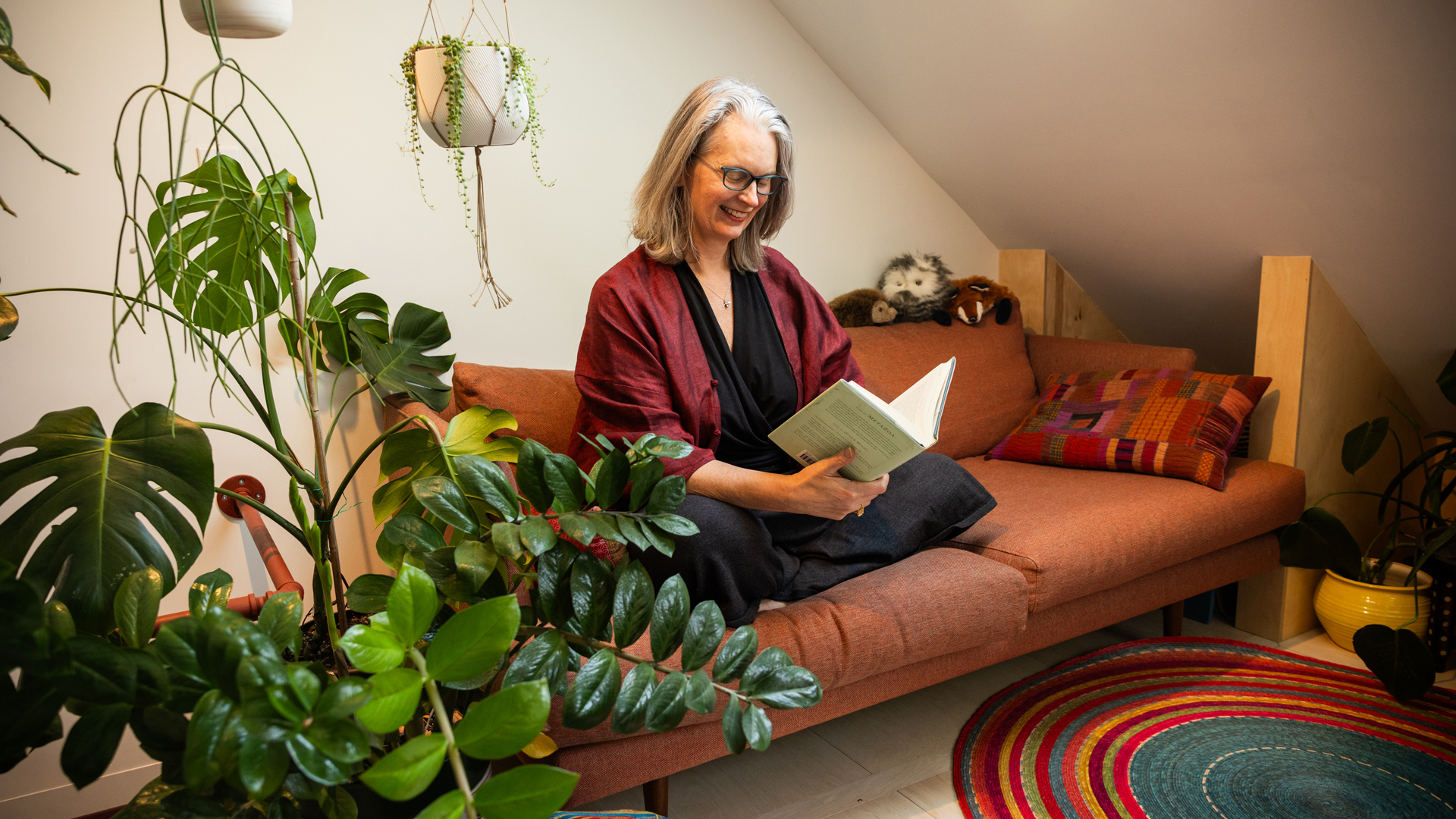
While much of her working life is spent in the comfort of her attic study, Kristin can also be found traveling the world as part of her research. Next stop? Thailand, where she’ll be studying the social interactions between humans and elephants.
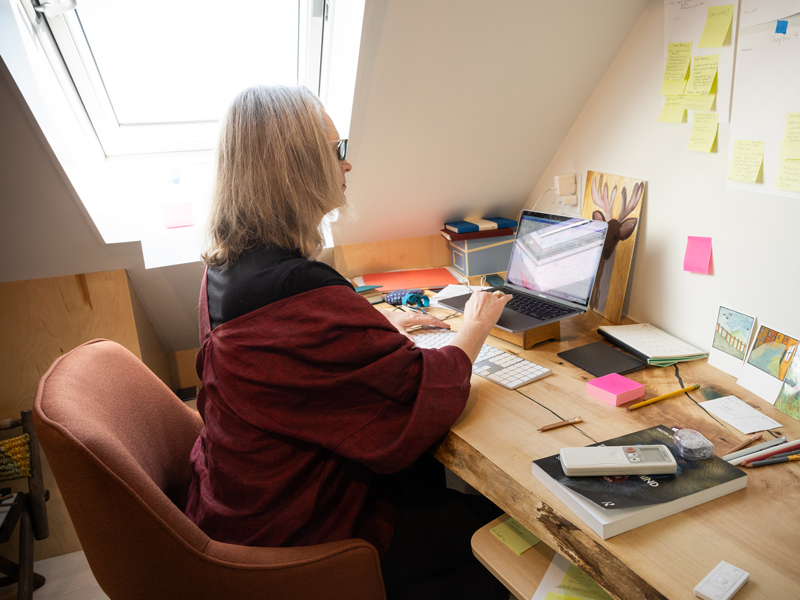
Kristin, who is the York Research Chair in Animal Minds at York University, feels that in order to properly research and answer traditional philosophical questions — such as the nature of action and the nature of the mind — a diverse array of subjects need to be observed.
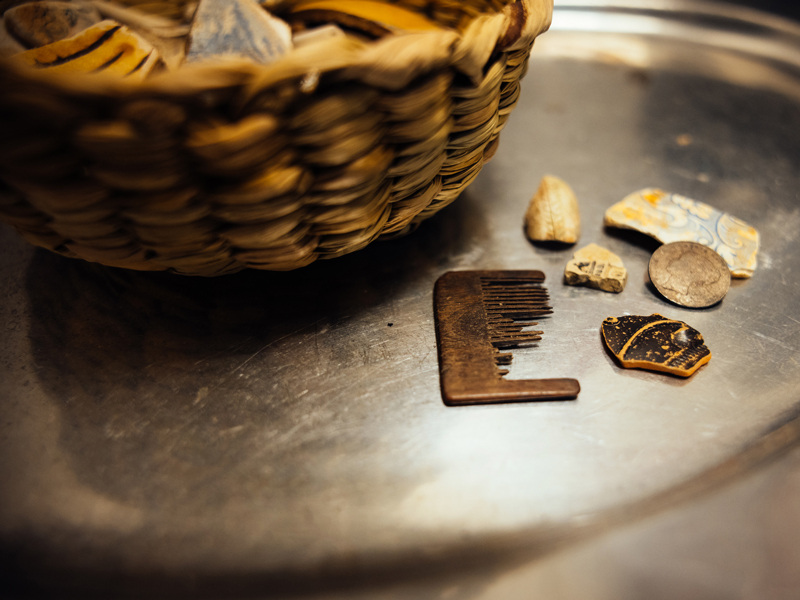
Awash in history: A lice comb, a Victorian shilling and shards of Roman pottery make up Kristin’s mudlarking collection. The niche hobby — a favourite of the York University professor — involves collecting historical artifacts washed up during low tide on London’s Thames River.
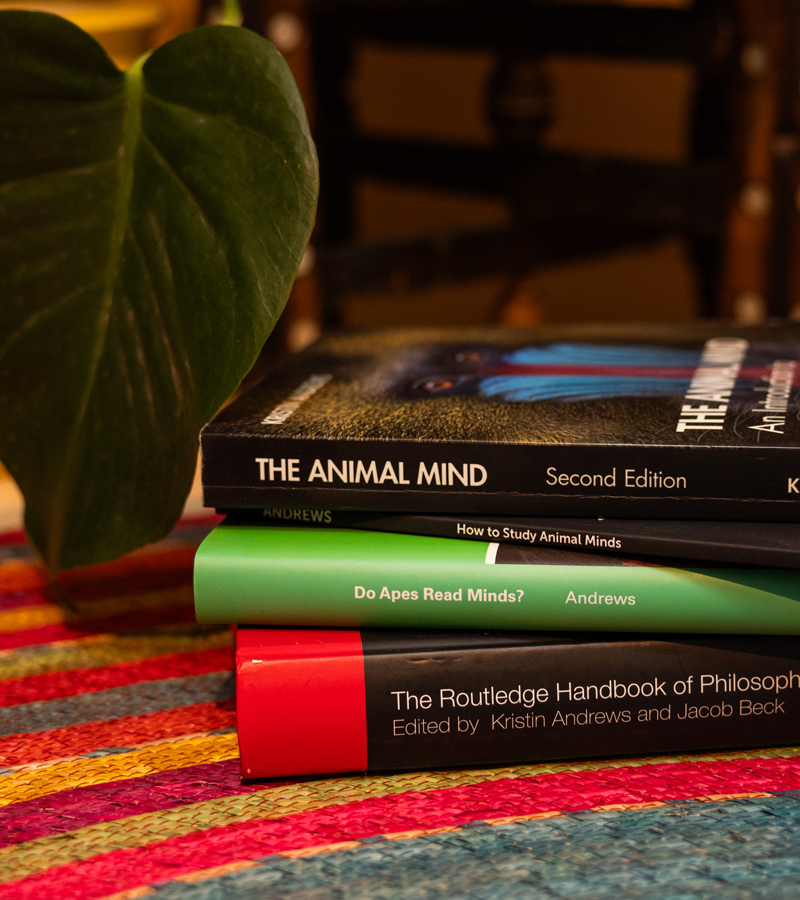
A published author in the field of philosophy of animal minds, Kristin is currently working on her first trade book, Societies in the Wild set for publication in 2026. It will examine animal culture and the deep cross-species, multicultural existence that both non-human and human animals are a part of.
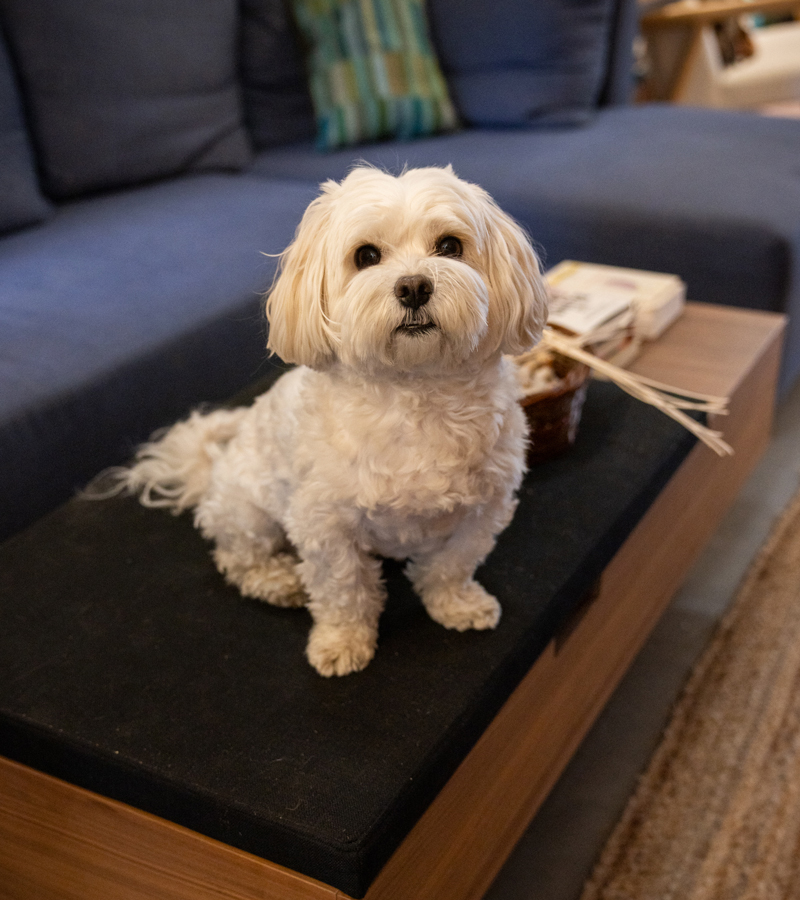
Kristin’s dog Riddle, a five-year-old Havanese, offers her daily lessons in cognitive diversity. She says that observing the daily quirks and behaviour of the canine provides her an enriched understanding of individualism in non-human animals.
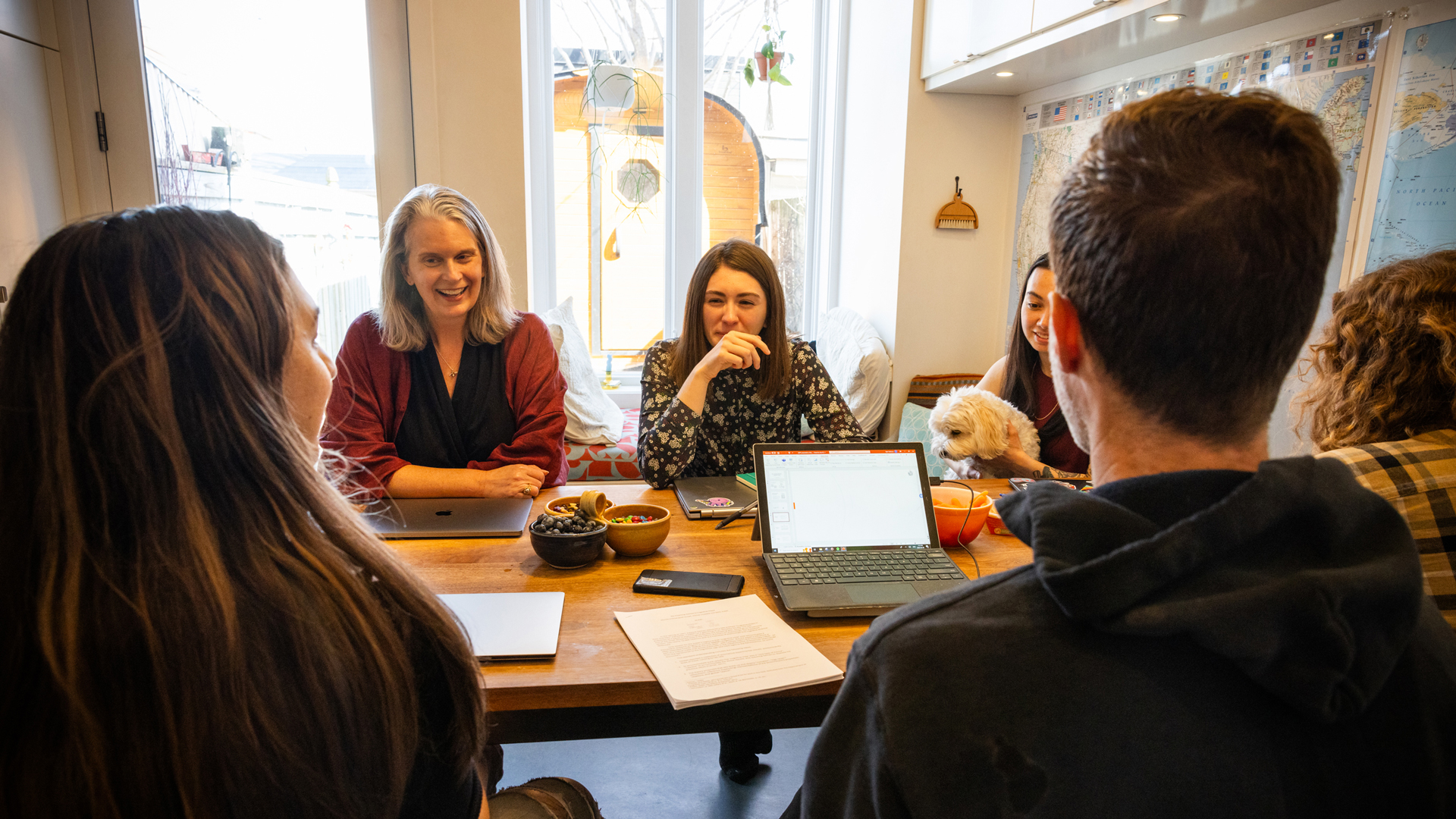
Graduate students and post-doctoral fellows from York University meet at the home of their professor.
Related Articles
-
CIFAR welcomes new and renewed Canada CIFAR AI Chairs
December 04, 2025
-
Building safer AI with advanced evaluation methods
December 03, 2025
-
Jacobs CIFAR Research Fellowship supports next-gen research on childhood development and learning
November 24, 2025
-
CIFAR launches new AI safety Networks to address synthetic evidence in the legal system and linguistic inequality
November 19, 2025